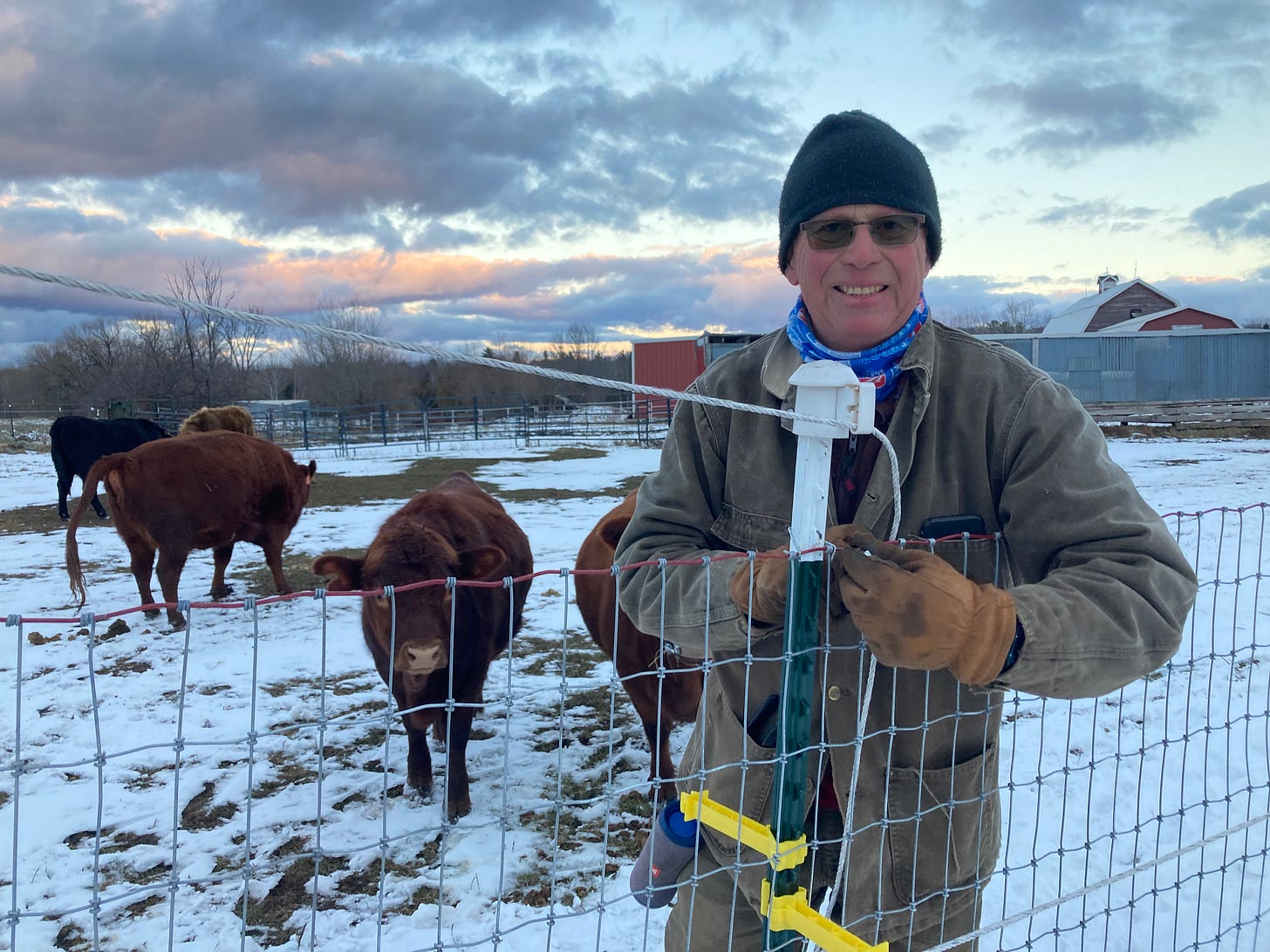Thomas Jefferson considered the yeomen farmer the pillar of American representative government. He thought these small landholding, non-slaveowning farmers, educated and independent, best embodied and best protected the American form of liberal democracy, with its emphasis on individual rights guarded by constitutional law, division of powers, a system of checks and balances, separation of church and state, an independent judiciary, and assurance of minority rights. The Declaration of Independence and the Constitution formed the basis of a system that took humanity from a world of near-universal slavery and serfdom, governed by absolute monarchs, to a nation where slavery was ended, legal equality granted to women and former slaves, and abject poverty nearly ended. This was a change so radical it took almost two hundred years to fully realize. It was a world of the common man. And it started here.
It is not so surprising that the Eastern European equivalent of the yeoman farmer, the kulak, became the most reviled target of authoritarian socialism. Throughout the Soviet Union and the eastern bloc, as well as China, Cambodia, and the other Communist countries, these small, landowning independent farmers were murdered in the tens of millions for refusing collectivization. Stalin considered them the greatest threat to Soviet Communism. A ruling elite, claiming to be acting in the name of the workers and peasants, could not tolerate farmers who thought for themselves and didn’t need the state to tell them what was good for them.
Today’s political divide, in the United States, Canada, and Europe, reflects this same dynamic, the conflict between a powerful elite that thinks it knows best, and those they think need to be told what to do. This tension between a ruling class and its kulaks explains much of the urban/rural, red/blue divide that dominates politics in these places.
Also today, we face the threat of increasing centralized authority. We hear demands for greater electrification, tying everything to the grid and to the internet, raising the specter of that centralized authority being able to cut power to vehicles, heat, and appliances when you’ve exceeded your quota. The biggest owner of farmland in the United States is also one of the richest men in the world, and, incidentally, an advocate for banning meat and eating bugs. The Chinese Communist Party models total control through a social credit system, while the US government wants a central bank digital currency, and Canada debanks anti-lockdown protesters. Control of our own food, shelter, and energy reduces these threats, both for the individual and for society. Being, to some extent, self-reliant in these areas is a way of being of service to your community. You could grow potatoes for all your neighbors in a moderate-sized garden. Take a walk, Bill Gates.
For those current and aspiring yeoman farmers and kulaks who don’t need to be told what’s best for them, this is for you: from what a yeoman is, to why you should care, to how to be one. You don’t have to be a farmer to embody the yeoman or the kulak. You can think for yourself and ensure your own independence and that of our nation. From growing some of your food to maintaining your own home, the more you can do to keep the state’s hooks out of your life, the freer you can remain.




I think it's great if you're a chicken. In fact, I encourage my chickens to eat bugs. Then I'll eat the eggs. That's how it's supposed to work.
I couldn’t agree more. What do you think about eating ze bugs?